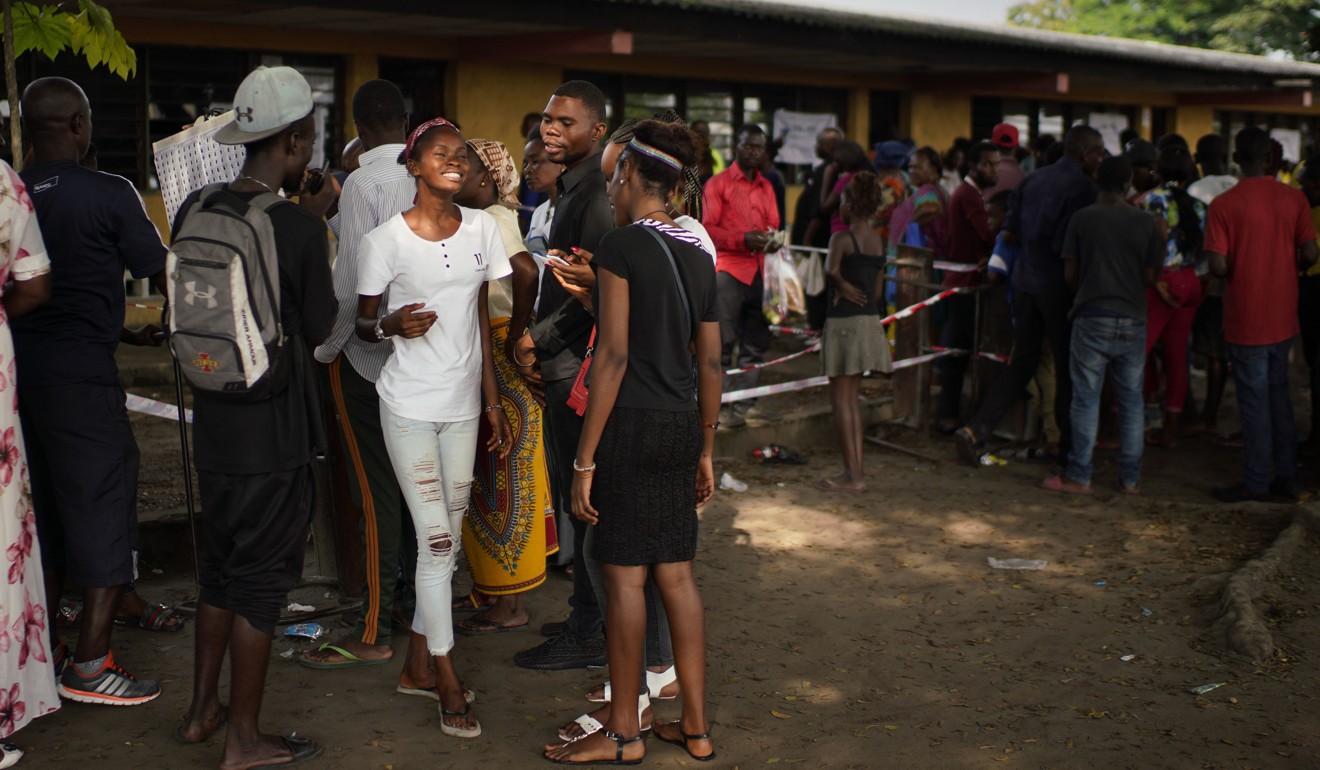
‘I feel liberated’: volatile Democratic Republic of Congo votes after two-year delay
- Voting was held up by long queues because of a lack of electoral roll, people who could not find their names on the list, or technical problems
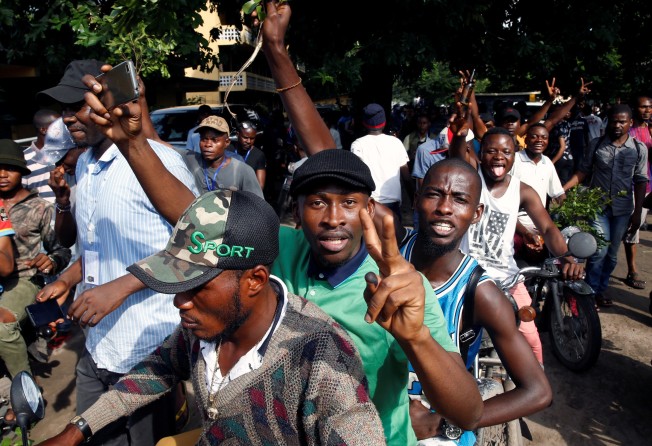
Presidential elections that will shape the future of one of Africa’s biggest and most unstable countries were underway in the Democratic Republic of Congo on Sunday after a two-year delay.
But observers reported problems, from long queues to hitches with controversial electronic voting machines.
The vote gives the DRC the chance of its first peaceful transfer of power since it gained independence from Belgium in 1960.

Analysts, though, say the threat of upheaval is great, given organisational problems and suspicion of President Joseph Kabila, who refused to quit in 2016 after his two-term limit expired.
The election’s credibility has been strained by repeated delays, fears of problems on polling day and accusations voting machines would help rig the result.
On election eve, talks aimed at averting violence after the vote broke down.
Opposition front runners Martin Fayulu and Felix Tshisekedi refused to sign a proposed code of conduct with Kabila’s preferred successor, Emmanuel Ramazani Shadary. They accused officials with the Independent National Election Commission (CENI) of thwarting changes to the text.
A large crowd watched as Tshisekedi cast his vote in the capital, Kinshasa.
He claimed that some polling stations had still not opened six hours after voting began.
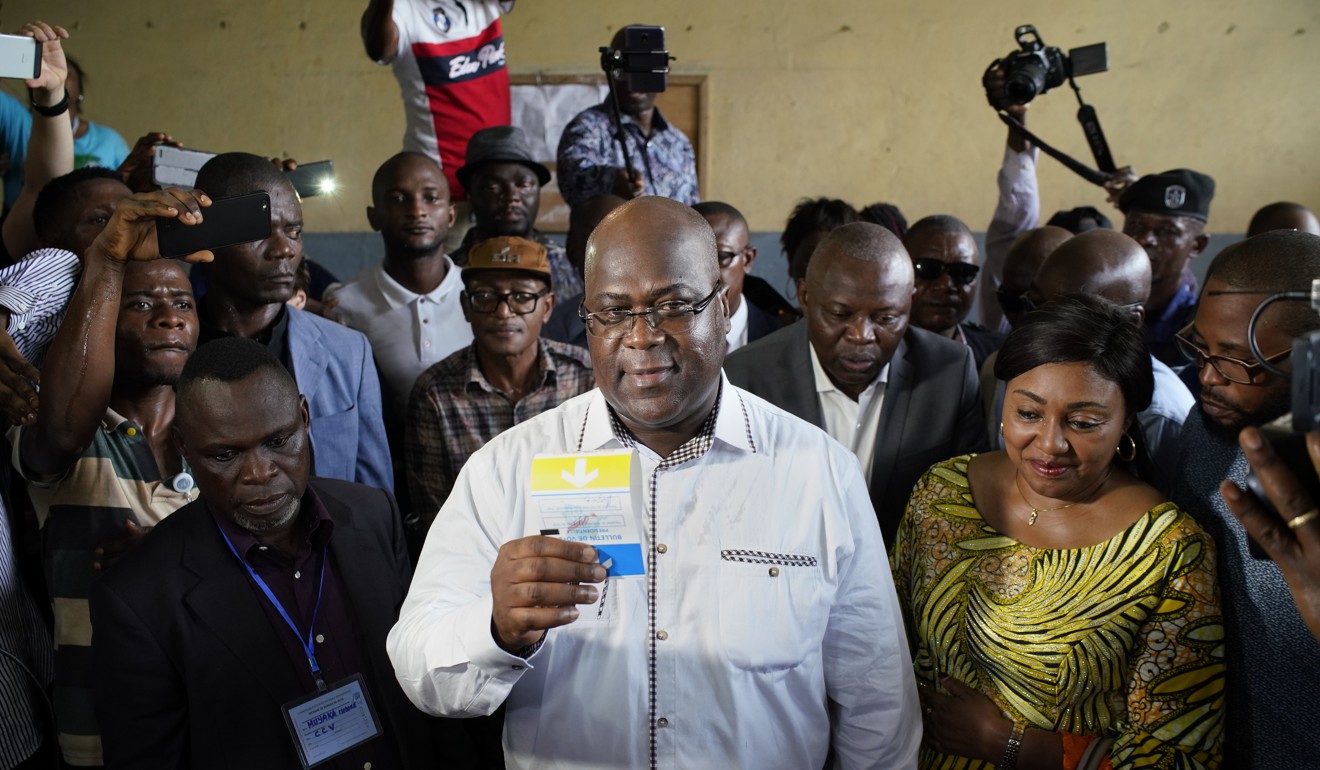
Many voters said they were exhilarated to be taking part in the first elections after the nearly 18-year Kabila era.
“I feel liberated, freed,” said Victor Balibwa, a 53-year-old civil servant, casting his ballot in Lubumbashi, the country’s mining capital in the southeast.
“I’m excited to vote, to be able to choose at last. It’s my first election,” an 18-year-old student named Rachel said in the eastern city of Goma, an opposition stronghold.
But there was evidence of problems.
An on-the-ground team of 41,000 election monitors set up by the Catholic Church said 830 polling stations failed to open on time.
In some places, voting was held up by long queues because of a lack of electoral roll, people who could not find their names on the list, or technical problems with the voting machines.
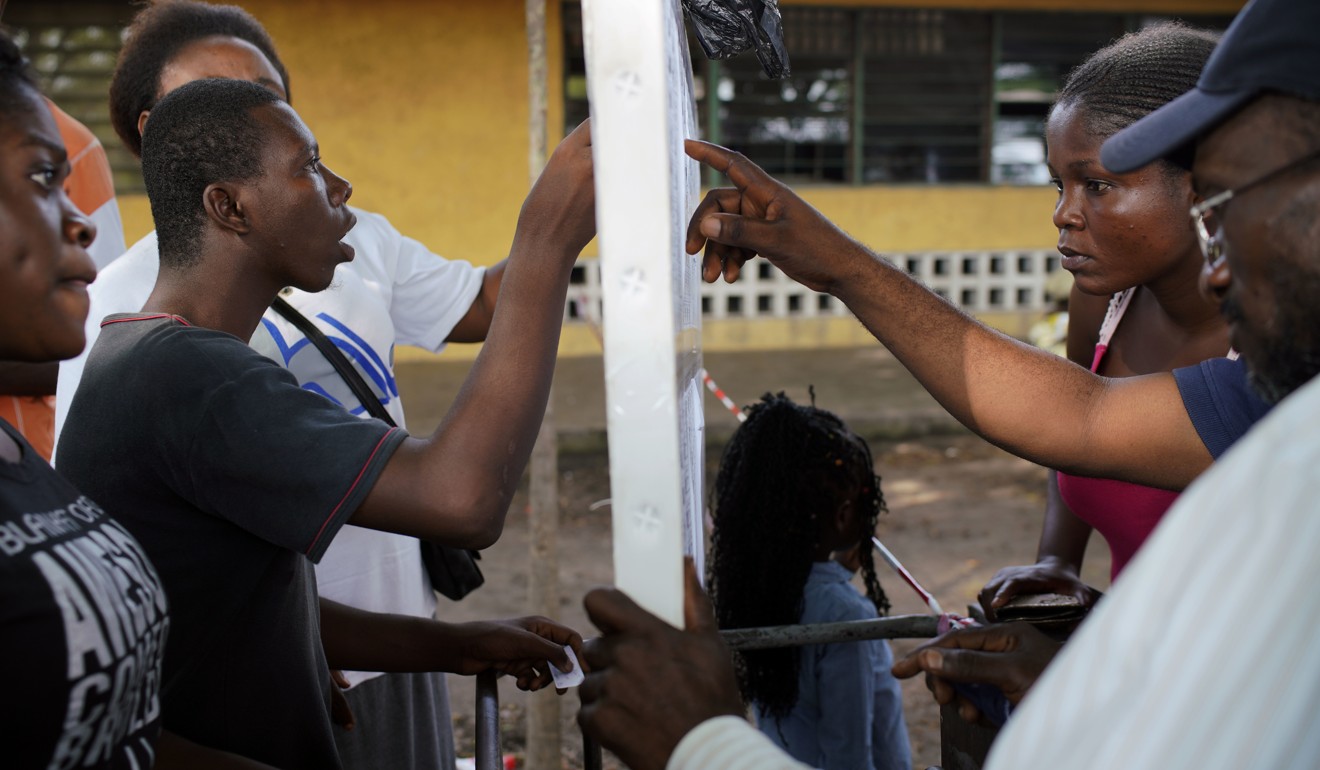
In Kinshasa, CENI chief Corneille Nangaa took the electoral roll to a polling station at an opposition stronghold where voting was delayed.
Hundreds of voters were queuing up and many shouted that he and Kabila should resign.
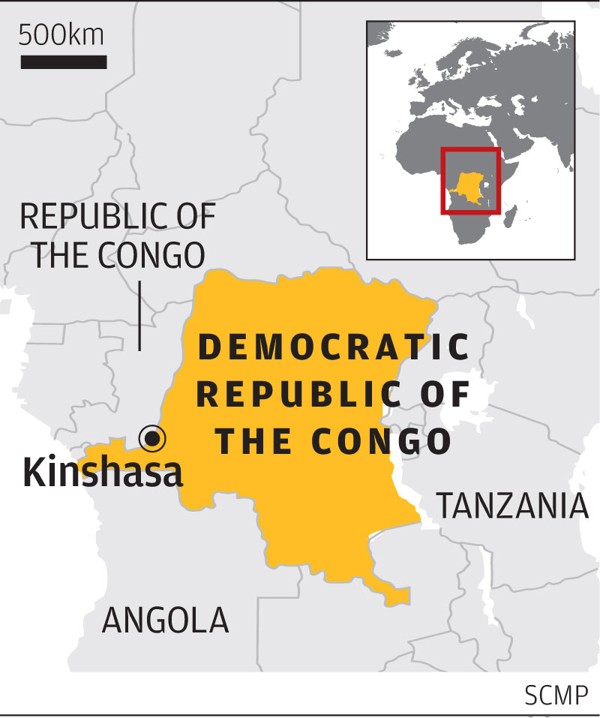
At Imara in Lubumbashi, 30-year-old voter Diane Mumba, said, “The machines have been breaking down again and again for the last two hours. I don’t know when I am going to vote.”
An election observer in Lubumbashi said: “There are five or six polling stations where the machines aren’t working. You have to wait for a technician”.
Another monitoring group, Symocel, said low battery power caused some screens to go black. Much of DRC does not have mains electricity.
In Kinshasa, an elderly lady said she had trouble with touch screen voting.
“It’s very complicated. I pressed the button without really knowing who I voted for – I didn’t see my candidate’s number or face,” she complained.
Twenty-one candidates are running in the presidential election, taking place alongside legislative and municipal ballots.
The front runners include Shadary, a hardline former interior minister facing EU sanctions for a crackdown on protesters.
His biggest rivals are Fayulu, until recently a little-known legislator and former oil executive, and Tshisekedi, head of veteran opposition party the UDPS.
Opinion polls make Fayulu clear favourite, garnering around 44 per cent of voting intentions, followed by 24 per cent for Tshisekedi and 18 per cent for Shadary, he said.
However, “the potential for violence is extremely high”. s he warned. Roughly half of respondents said they would reject the result if Shadary was declared winner, and would distrust DRC courts to settle a dispute fairly.
The new president will be sworn in on January 18.
Additional reporting by Associated Press